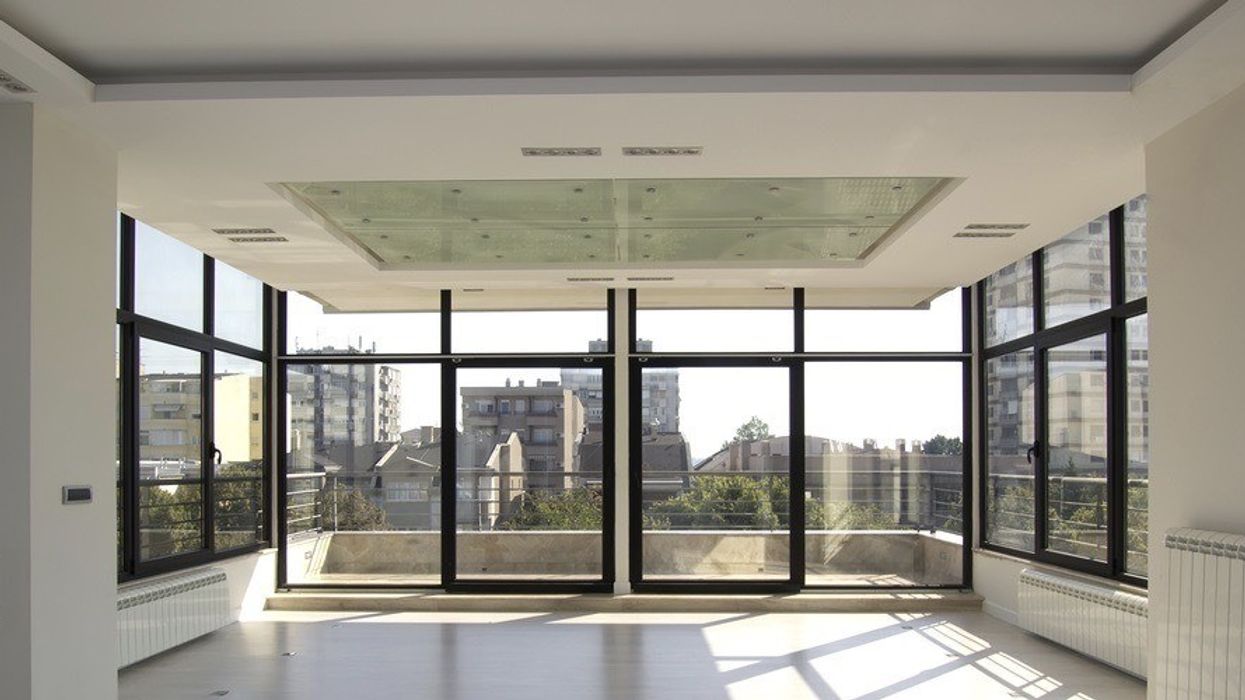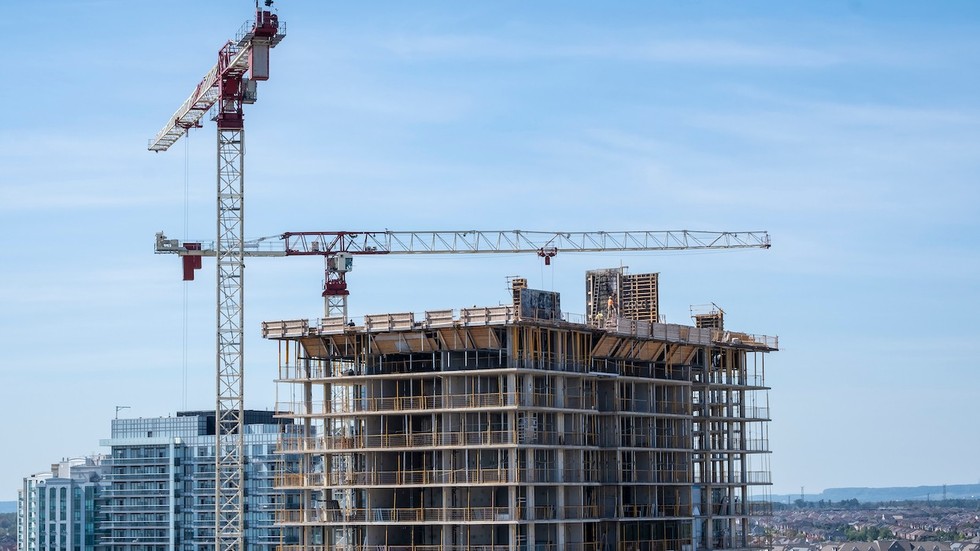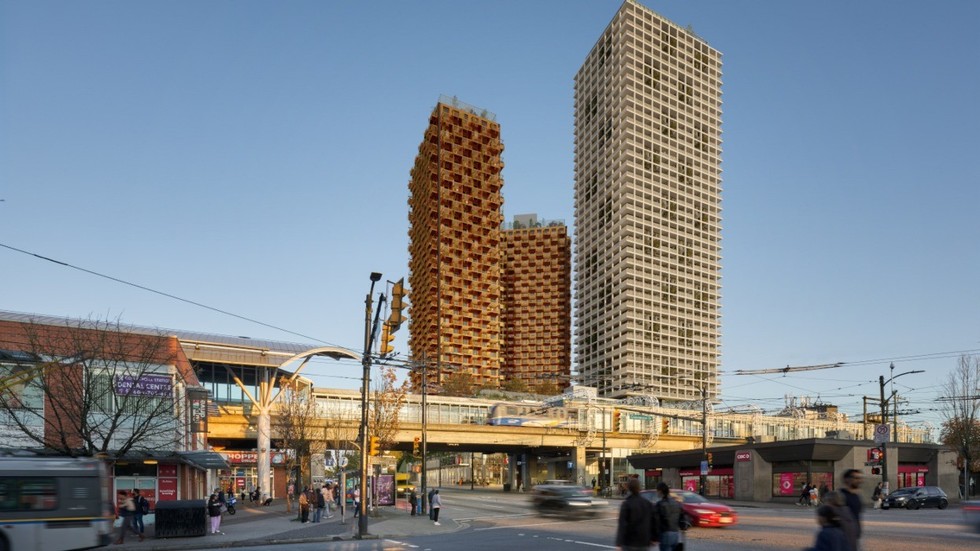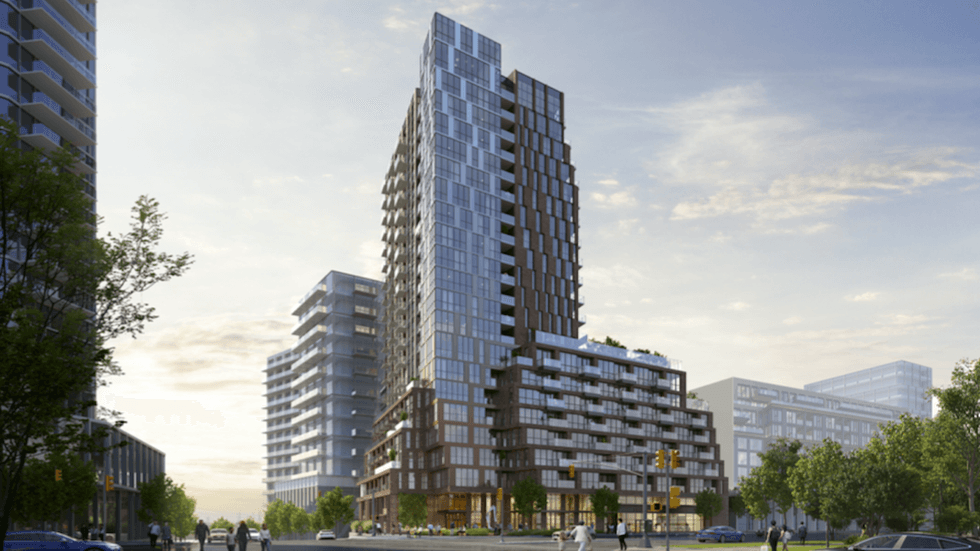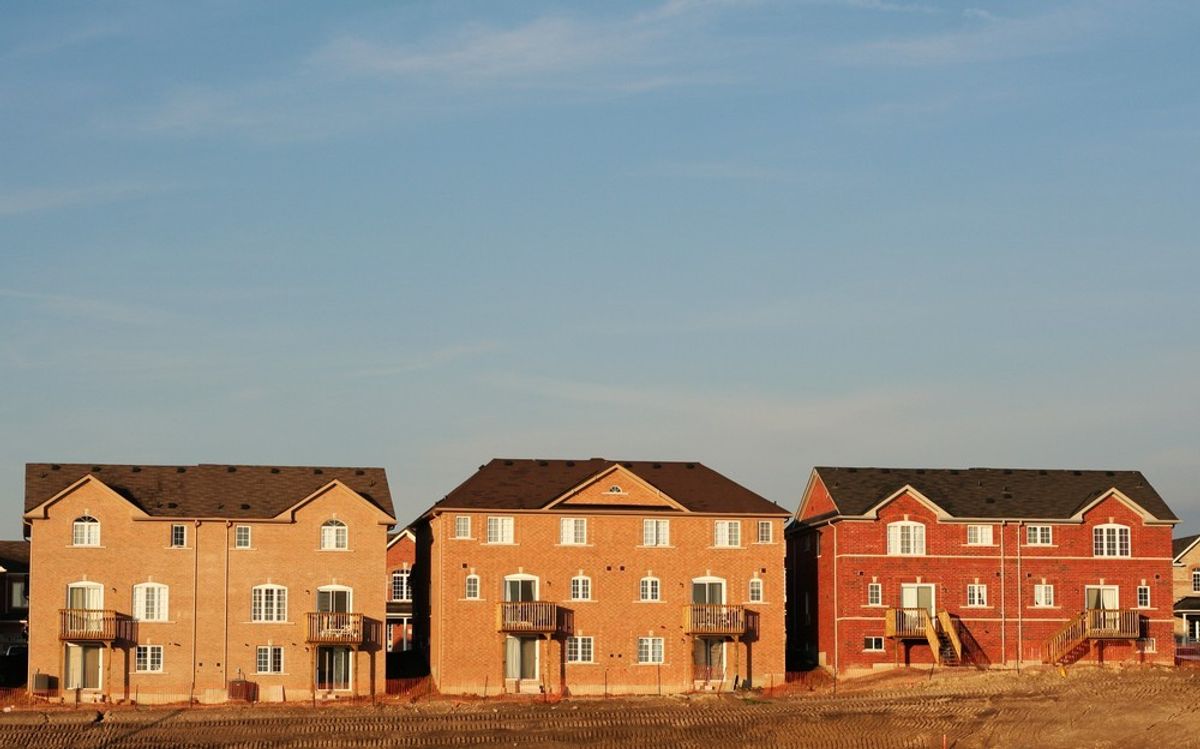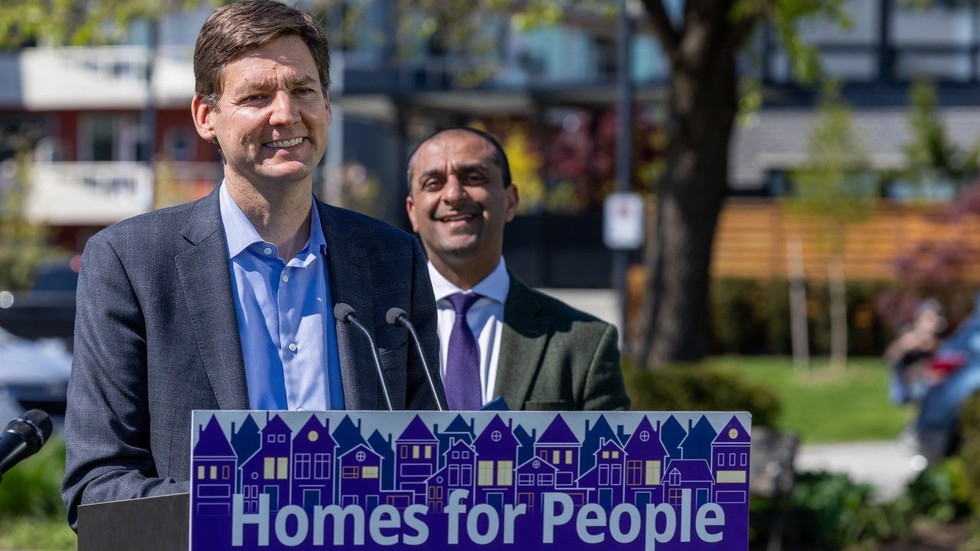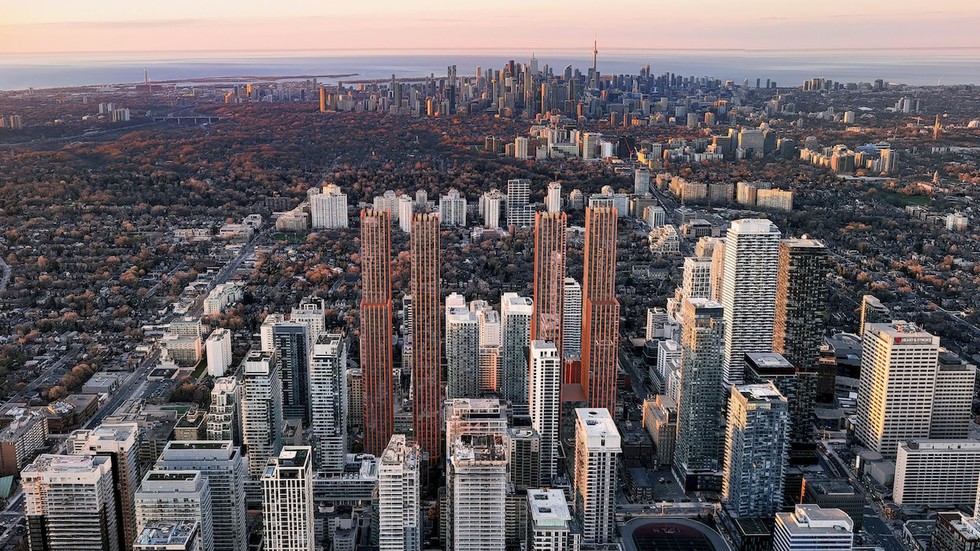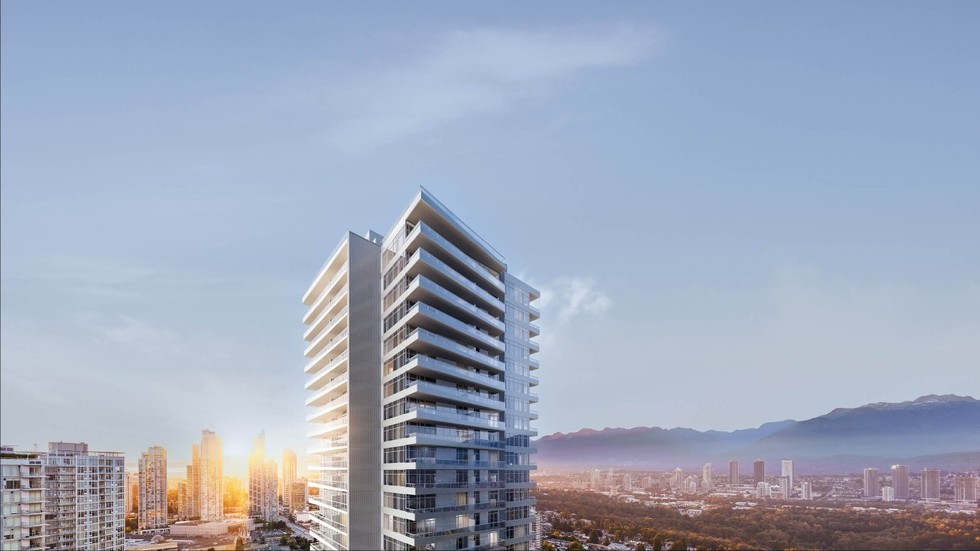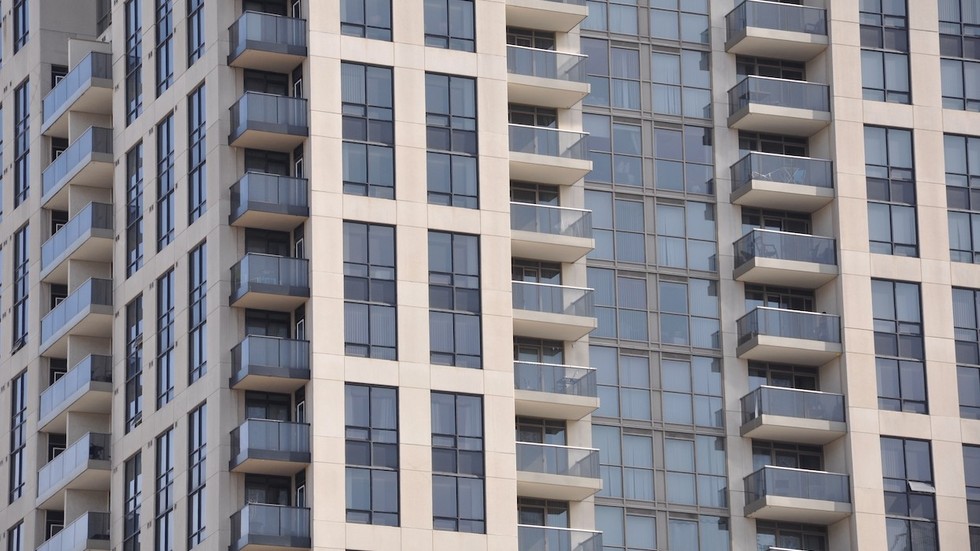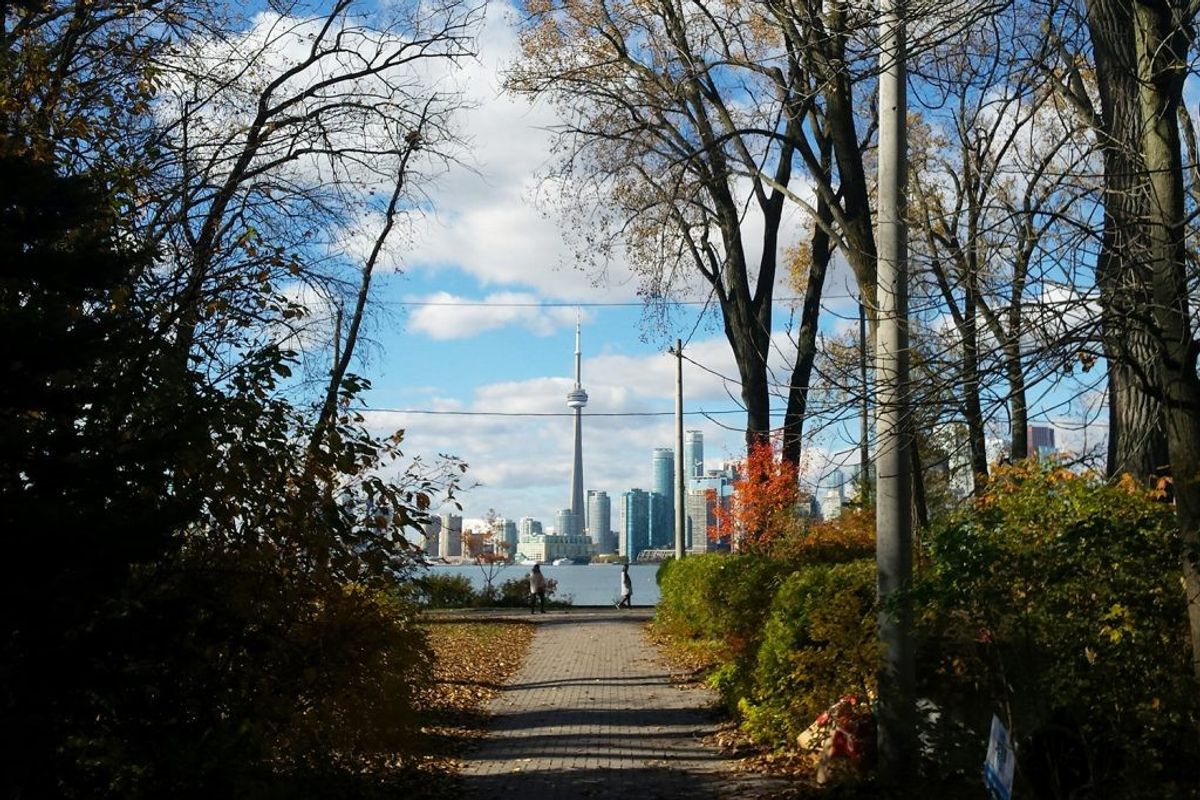In response to Toronto's need for increased affordable housing, a vacant home tax could soon be implemented in the city, according to Mayor John Tory.
The mayor announced on Thursday that a City of Toronto staff report will go to the Executive Committee next week, recommending a tax levy on vacant Toronto homes starting in 2022.
A measure like this can boost the municipality's housing supply by encouraging homeowners to sell or rent their unoccupied home. In cases where an individual chooses to keep their home vacant, the levied tax can be used to fund affordable housing projects, city officials say.
“We knew before the pandemic that we needed to increase the supply of affordable housing and ensure the city remains a place where all members of the workforce can contemplate living. In the wake of the pandemic, this is more important than ever. I want to be very clear: the vast majority of Toronto residents will not pay this tax," Tory said.
"I support moving ahead with this and doing everything we can to make sure it is implemented in the right way. We simply can't afford, from the housing supply perspective, to have housing accommodation for thousands of people sitting empty. You can live in it, you can rent it, but if it sits empty you will pay a tax that helps us build more affordable housing people can live in.”
READ: Land Owners in BC Now Required to Disclose All Interest Holders
The city's announcement explains, using data from Vancouver’s implementation of a vacant home tax as an example, that if 1% of Toronto’s housing stock is vacant, at a tax rate of 1% on the average Toronto home’s current assessed value, this could equal $55 to $66 million in tax revenue per year.
"A vacant homes tax is an important action that our City can take to address the affordable housing crisis. This tool has already been used successfully in other cities. In the first year of Vancouver's vacancy tax, the number of vacant units decreased by more than one fifth. Bringing the vacancy rate down means more homes available to rent by people actually living and working in Toronto, not simply profiting from rising property values," said Toronto City Councillor Joe Cressy.
If adopted, the tax will take a year to set up and implement; technology, a public awareness campaign, exemptions, administrative and enforcement functions will need to be developed, as will a determination on how a home is deemed "vacant." However, the city does say residential property owners would be required to make an annual declaration on the occupancy status of their home.
"Any revenue from this tool can be dedicated to expanding affordable housing supports, like housing allowances, to help even more people find housing and stay in their homes," Cressy said.
If approved, the report would go before City Council at the December 16 and 17 meeting. What's more, the Toronto Regional Real Estate Board (TRREB) has worked alongside the city's finance officials to help inform the decision.
“The Toronto Regional Real Estate Board believes that all housing policy decisions, including whether or not to impose a tax on vacant homes in Toronto, should be evidence-based. With this in mind, TRREB has worked closely with City Finance staff to assist with their analysis of the City’s real estate and rental housing markets to help inform the need, or lack thereof, for such a tax," said John DiMichele, TRREB CEO.
"TRREB believes that it is important to have a clear understanding of the intended purpose and policy objective of a municipal tax on vacant homes in Toronto. Given the current state of the Toronto rental market, the purpose of such a tax is not immediately clear at this time. Nevertheless, TRREB looks forward to providing input on this issue as City Council deliberates on whether or not to move forward with the proposed tax.”
The mayor's call for a vacant home tax comes the day after the federal government announced plans to implement a foreign buyers tax, in order to help make the national housing market more accessible for Canadians.
The new measure was outlined in the Trudeau government’s Fall Economic Statement 2020.
The statement cites demand from foreign, non-resident investors as a contributor to unaffordable housing prices for many would-be homebuyers across Canada. The tax will be implemented “to help make the housing market more secure and affordable for Canadians.”
Over the coming year, the government will reportedly “take steps” to mandate the national, tax-based measure, which will target the “unproductive use” of domestic housing owned by non-resident, non-Canadians.
